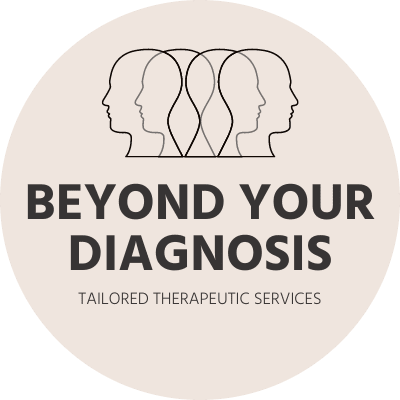Non-Profit Mental Health

Substance Abuse
Substance abuse is a serious problem that affects millions of people worldwide. It can lead to a variety of health and social problems, including depression, financial difficulties, and broken relationships. Substance abuse rehabilitation is a crucial step in the journey to recovery, providing individuals with the support and resources they need to overcome their addiction and rebuild their lives.
What is substance abuse rehabilitation?
Substance abuse rehabilitation is a comprehensive treatment program designed to help individuals overcome their addiction to drugs or alcohol. The goal of rehab is to provide individuals with the tools and support they need to overcome their addiction, maintain their sobriety, and improve their overall quality of life.
Types of Substance Abuse Rehabilitation Programs
There are many different types of substance abuse rehab programs, including:
Inpatient Rehab: This type of rehab involves staying at a residential facility for several weeks or months. Individuals receive round-the-clock care and support from medical and therapeutic staff.
Outpatient Rehab: This type of rehab allows individuals to live at home while attending treatment sessions several times a week.
Group Therapy: This type of therapy involves working with a group of people who are also struggling with addiction. Group therapy provides a supportive environment where individuals can share their experiences and support one another.
Individual Therapy: This type of therapy involves one-on-one sessions with a licensed therapist. Individual therapy can help individuals understand the underlying causes of their addiction and develop coping strategies.
Medication-Assisted Treatment (MAT): This type of treatment involves using medication to manage withdrawal symptoms and reduce cravings.
Benefits of Substance Abuse Rehabilitation
Substance abuse rehab provides many benefits to individuals who are struggling with addiction, including:
Improved Physical Health: Substance abuse can take a toll on an individual's physical health, but rehab can help improve physical health and stability.
Increased Sobriety: Rehab can help individuals overcome their addiction and maintain sobriety in the long term.
Better Mental Health: Substance abuse can lead to depression, anxiety, and other mental health problems, but rehab can help improve mental well-being and stability.
Improved Relationships: Substance abuse can strain relationships, but rehab can help individuals repair and rebuild relationships with friends and family.
Increased Confidence and Self-Esteem: Rehab can help individuals develop a greater sense of confidence and self-esteem as they overcome their addiction and improve their overall quality of life
If you or a loved one is struggling with substance abuse, seek help today.
Substance abuse rehabilitation can provide the support and resources needed to overcome addiction and rebuild a fulfilling life. "
FAMILY INVOLVEMENT IS CRUCIAL FOR SOBRIETY
Addiction and substance abuse are extremely difficult to talk about or bring up among family members. It is a scary time for the family members of an addict because they know the reality of overdose and the many other possibilities of drug and alcohol use. It is also overwhelming for the addict when they decide they need help. The decision to seek a treatment program and to change their life is a courageous step to take. There are so many difficult discussions the family members may want to approach or they may simply want to discuss how to best support the addict without enabling them.
When the addict is ready to seek a treatment program, family involvement is often crucial to the success and continued sobriety of the individual. The reality is that there have most likely been many altercations in the past because when an individual is addicted to a substance they do not think clearly. They say things they may not mean and do things they would normally know are wrong but will do anything they need to do in order to feel that high again. Family counseling is a safe place to sort all of these significant issues out without fear of judgment or shame. Family counselors are trained to navigate the hard conversations that need to take place between an addict and their families.
Most of all, they can also help the family and addict resolve the problems that have been festering over the time of drug or alcohol use. A family counselor is able to help mediate the conversations to bring hope and reconciliation to everyone involved. The family counselor will also have resources to offer to the parties involved.
Unleash Hope: Your Journey to Wellness Begins Here!
Ready to take the first step towards a brighter future? Schedule your free consultation with Beyond Your Diagnosis today. Let's embark on a personalized journey of healing and growth together.
